Change The Police, Don’t Defund Them
December 11, 2020

All across the country, outrage over police brutality has been loud and clear and protests are always present, especially since the tragic death of George Floyd. Mr. Floyd was a 46 year old African American man who was handcuffed and died while being pinned to the ground under an officer’s knee. People are demanding that the system change, and that the police should be reformed, defunded, or even abolished. However, it is not in America’s best interest to defund the police.
A large misconception about the term ‘defunding the police’ is that police departments would have all funding taken away all funding from them. Instead, people are proposing that we cut Department budgets and reallocate the funds to peace centers and organizations that will have a positive effect on the communities and lead to less crime. Some departments have already had their budgets cut, like in Los Angeles, where Mayor Eric Garcetti has proposed to cut 150 million dollars from the city’s department and reallocate it to other organizations. It’s not a secret that the police receive a lot of funding, however it’s necessary and instead of defunding the police, we should be focusing on how we should approach reforming law enforcement.
Most of the police department’s budgets are used for salaries, benefits, and overtime. Police already work for low salaries, especially in smaller departments or areas. According to the Village of Hillsdale Police Department in Missouri, new officers earn $13.50 an hour. This wage is less than hourly workers at Target make. Also, reduced funding to the police could result in what is called “Taxation by Citation”. This means that policing focuses less on protecting the people and more on enforcing traffic laws and fining people, so they can raise money. If we don’t provide adequate funding to police departments, then policing will become one large fundraiser. If the police are focused on red light violations and speeding tickets to raise money, then how much would they prioritize violent and serious crimes? According to North Carolina’s mandated dataset on traffic stops that occurred from 2002-2016, African-Americans were 63% more likely to be stopped. The data also shows that African-Americans were 115% more likely to be searched in a traffic stop. Through Taxation by Citation, it is not unlikely that racial bias when it comes to these traffic stops could get even worse.
However, just because we shouldn’t cut department budgets doesn’t mean we should ignore the issue. You can not deny that police brutality has occurred and is a prominent issue, and it’s clear that minorities and more impoverished communities are targeted and overpoliced. So we should be focusing on how we should approach a reform. One possible solution would be to hold each department accountable by enforcing standard national regulations. Some ideas have been thrown around and former President Obama even took action. According to ProCon.org, President Obama formed the President’s Task Force on 21st Century Policing after the August 2014 police killing of Michael Brown in Ferguson, Missouri. The May 2015 final report suggested that the Department of Justice should “[e]stablish national benchmarks and best practices for federal, state, local, and tribal police departments,”.
When speaking to Treyvon Williams, a high school junior and African American, how he thought we could change for the better he said, “I support defunding the cops. Well, first of all I think they need better training, and second of all, I think that they need to be punished more… they need to be held accountable.”
Of course cops should be punished and held more accountable. We can not ignore the fact that there is indeed corruption among law enforcement. Advancementproject.org did a very good job covering the topic of transparency by stating, “The lack of trust for law enforcement that exists in so many communities is due in part to lack of accountability and transparency. Too many failures to indict officers and too many acquittals have left communities feeling that there is no justice.”
However, this goes back to the topic of reforming the departments. In Camden, New Jersey, for example, violent crime fell 42% from 2012 to 2019 because of reformation of it’s corrupt department, according to Chris Megerian of the L.A. Times. “Officers are trained to deescalate situations, and they’re required to use force only as a last resort. Chokeholds are considered deadly force rather than a restraint”, Megerian states. “Officers have a duty to intervene if they see another officer use excessive force.”
At the end of the day, something must change. We should focus on how we can make the people who have sworn to protect us do better. Defunding the police will only make the situation worse, it will turn our ‘protection’ into a business for them. Do you want your next traffic stop to be a fundraiser?

























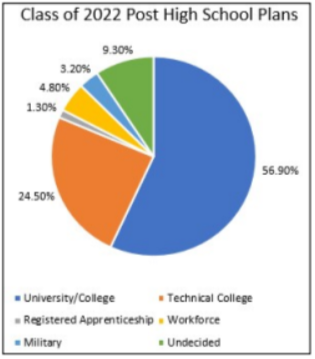
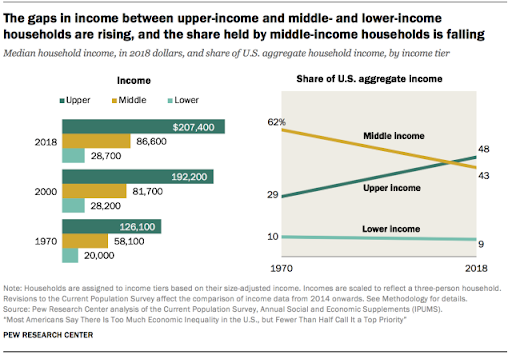
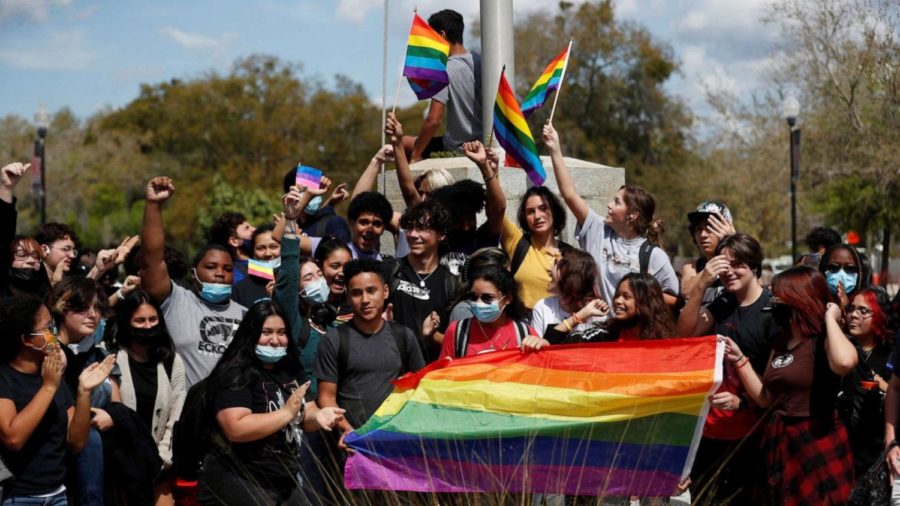











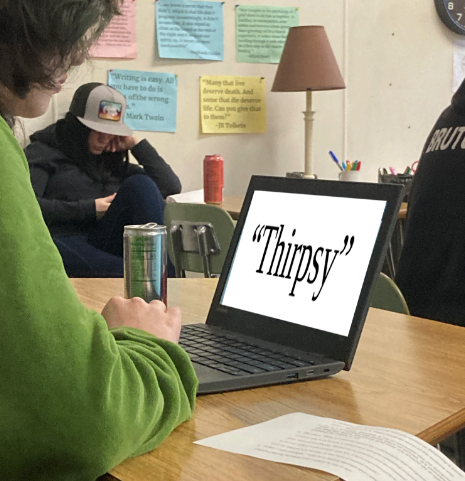



















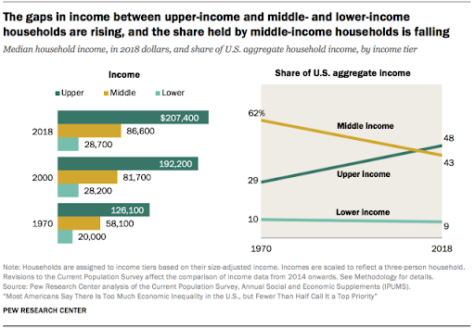

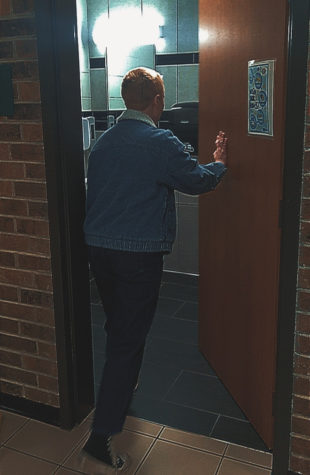
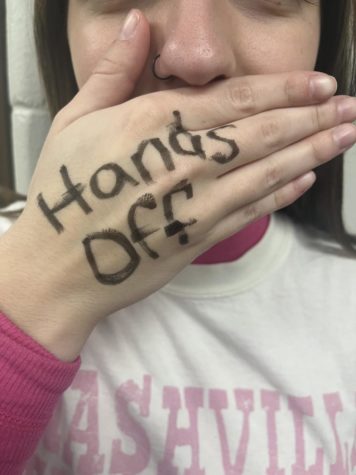
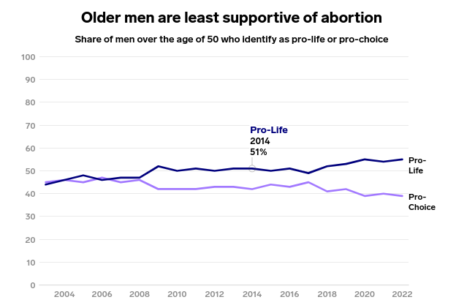
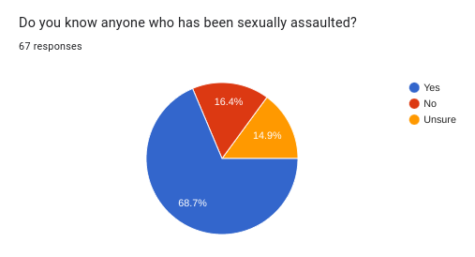
Colby Hintz • Dec 16, 2020 at 3:54 PM
Hans, I really like the professionalism of this article, I thought you did a really good job of supporting your facts with information and setting an overall professional tone for a serious topic. You also explained things that might be commonly confused for society and I really liked that because it helped introduce your idea in a way that made it understandable for everyone.
Sinai Yang • Dec 11, 2020 at 2:04 PM
I agree with you Han because not only is there police brutality, there is also good police officers that don’t like police brutality. changing the police would be a good change than rather to defund them.
Isa Mahon • Dec 11, 2020 at 10:16 AM
Hans, I really enjoyed seeing the points made from the person you interviewed. I thought it was a great way to get a perspective from another student. I thought their point about training police more was very interesting and important.
Luke Kratzke • Dec 11, 2020 at 9:35 AM
I do not believe that their is is just a misconception about “defunding the police”. The “protests” about defunding the police outright say to abolish them and so did the leftist “leaders” until recently when they started using the word reform. They only started using the word reform when they realized they need the police if they want their laws enforced.